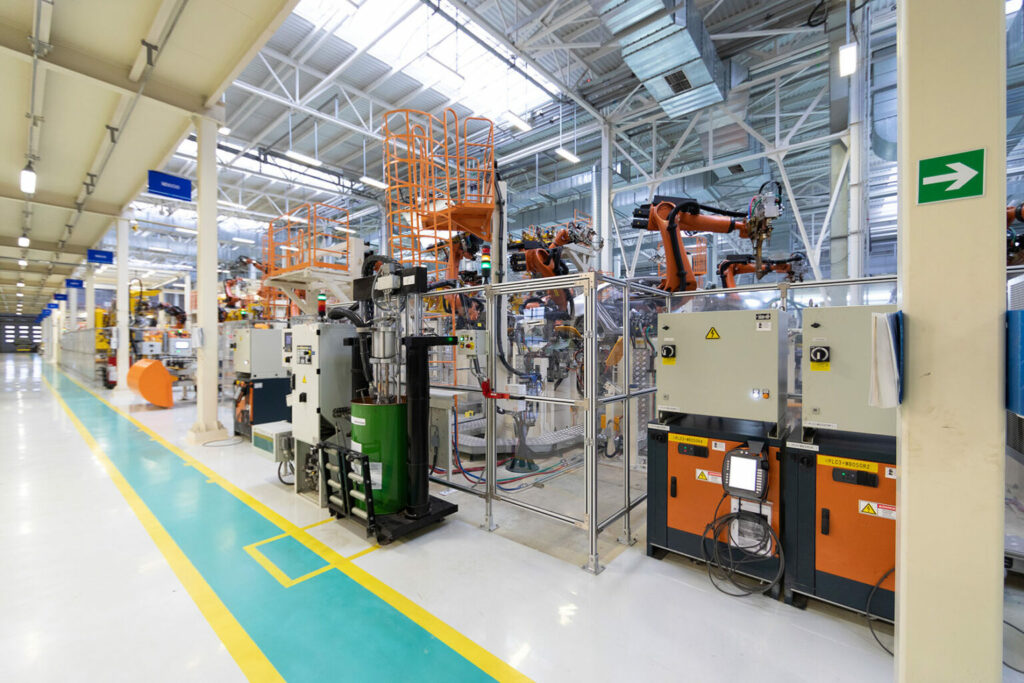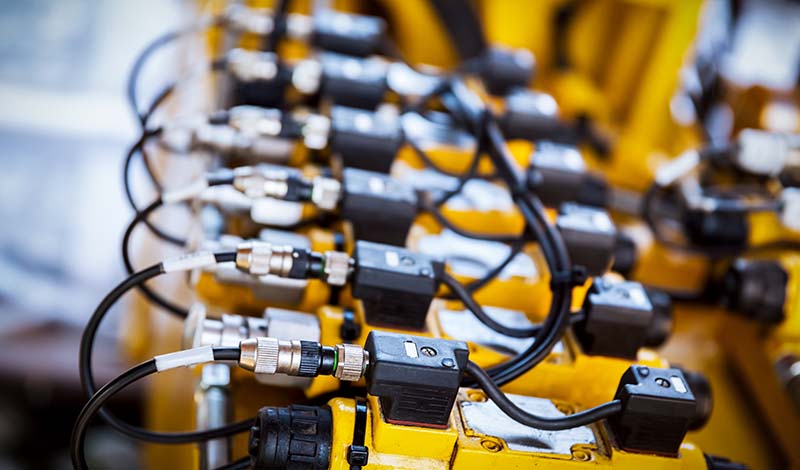
The world of manufacturing spins on the axis of advanced process control (APC). This high-tech approach forms a bridge between productivity and product quality. It’s the secret sauce that gives top-tier brands an edge in the market.
APC has the unique ability to refine quality standards. It plays a vital role in shaping a product that resonates with customer expectations. It is APC that sets the gold standard in the manufacturing process, ensuring consistency and high quality.
Advanced process control engineers are the architects of production processes. They fine-tune the balance between quality, efficiency, and cost-effectiveness. Their skills transform raw materials into consumer-desired products. The ability to define quality standards and optimize production processes is what sets APC apart from other engineering disciplines.
These process engineers are key to achieving good product quality. Their use of APC allows for real-time decision-making. This ability to adapt and respond on the spot ensures the product meets its quality standards consistently.
A quality management system (QMS) is critical for businesses to maintain standards and ensure customer satisfaction. It acts as a guidebook by outlining the processes, responsibilities, and performance measures necessary for quality control.
By working hand-in-hand with an advanced process control (APC) system, companies can identify and solve quality issues at an early stage, before they impact customers. In this synergistic approach, the QMS sets the quality goals and provides a framework for monitoring progress, while APC provides real-time insights into the production process and data analytics, enabling companies to achieve these goals faster and more accurately.
Investing in a robust QMS is essential for scalable growth and long-term sustainability. It allows companies to ensure consistency and comply with regulations, leading to higher customer satisfaction and increased profitability.

The concept of total quality is a critical aspect of consumer products. When every piece fits the puzzle perfectly, the product is deemed worthy of a purchase. And here’s where APC steps up to the plate. It operates behind the scenes, ensuring every product shines in every way.
A product’s quality can mean the difference between satisfied one-time buyers and repeat customers. That’s why the role of APC, or Automated Process Control, is so significant. It ensures total quality, earning the customer’s confidence in the product.
With this approach, companies can cut costs, reduce waste, and improve customer satisfaction. This sets the stage for greater success, as businesses focus on creating better products that meet the needs of their customers.
Process controls are the traffic lights of manufacturing. They guide production toward achieving quality goals. Set points are their language. They serve as markers, directing the production process toward quality output.
The importance of set points cannot be overstated. They are crucial to maintaining product quality and consistency. APC plays a significant role here. It helps in optimizing set points, ensuring the final product meets the highest quality standards.
Distributed control systems (DCS) are a type of computerized system used to control and manage complex industrial processes. DCSs are typically used in industries such as oil and gas, chemical processing, and power generation.
At the heart of a DCS are intelligent controllers that interact with various sensors and actuators to monitor and control production processes. These controllers are connected to a central control room, which provides operators with a real-time view of the process and allows them to make adjustments as needed.
DCSs are crucial for ensuring the quality and efficiency of production processes, as they allow for precise control over variables such as temperature, pressure, and flow rate. By providing a centralized platform for process management, DCSs help to minimize errors, reduce downtime, and improve overall productivity.

High products and excellent customer service are the backbone of any successful business. These two elements combined are undoubtedly what makes a winning customer experience. And for a company like APC, this is just another day at the office.
It’s essential to realize that a good product itself drives customer satisfaction. A quality product is a silent yet powerful form of customer service. By providing top-notch products, APC sets itself apart by ensuring that customers are happy with the products they receive.
But ultimately, it is the quality of customer service that gets people talking. Customers want to feel appreciated, heard, and taken care of throughout their interactions with the brand. And with APC, delivering exceptional customer service is a top priority.
From prompt response times to personable interactions, APC’s customer service team ensures that each customer feels valued, resulting in a higher satisfaction rate.
Advanced process control is not just a trend, it’s the future. It’s the driving force behind the production of high-quality, consistent products. As we wrap up, it’s clear that APC’s importance cannot be understated.
The future of APC promises even greater control over product quality and consistency. It’s an exciting time for manufacturers and consumers alike. With APC at the helm, we can look forward to even better products in the future.